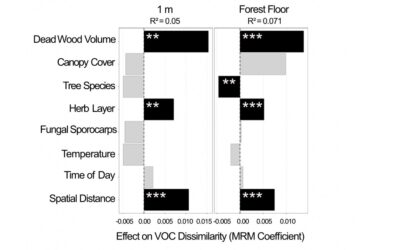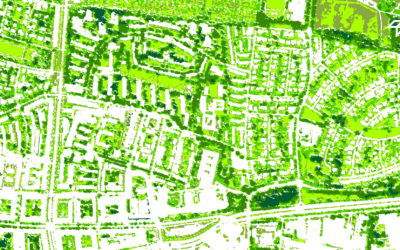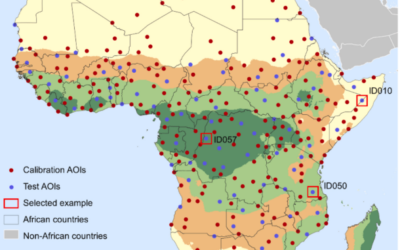New publication on a Curated Benchmark Data Set for Population Estimation
The Earth Observation Research Hub was contributing to a paper titled “So2Sat POP – A Curated Benchmark Data Set for Population Estimation from Space on a Continental Scale” published in collaboration with the Technical University of Munich and the German Aerospace Center. The paper was published by Sugandha Doda, Yuanyuan Wang, Matthias Kahl, Hannes Taubenböck & Xiaoxiang Zhu in the journal Nature Scientific Data.
From the Abstract: Obtaining a dynamic population distribution is key to many decision-making processes such as urban planning, disaster management and most importantly helping the government to better allocate socio-technical supply. For the aspiration of these objectives, good population data is essential. The traditional method of collecting population data through the census is expensive and tedious. In recent years, statistical and machine learning methods have been developed to estimate population distribution. Most of the methods use data sets that are either developed on a small scale or not publicly available yet. Thus, the development and evaluation of new methods become challenging. We fill this gap by providing a comprehensive data set for population estimation in 98 European cities. The data set comprises a digital elevation model, local climate zone, land use proportions, nighttime lights in combination with multi-spectral Sentinel-2 imagery, and data from the Open Street Map initiative. We anticipate that it would be a valuable addition to the research community for the development of sophisticated approaches in the field of population estimation.
read the full article here: https://www.nature.com/articles/s41597-022-01780-x









